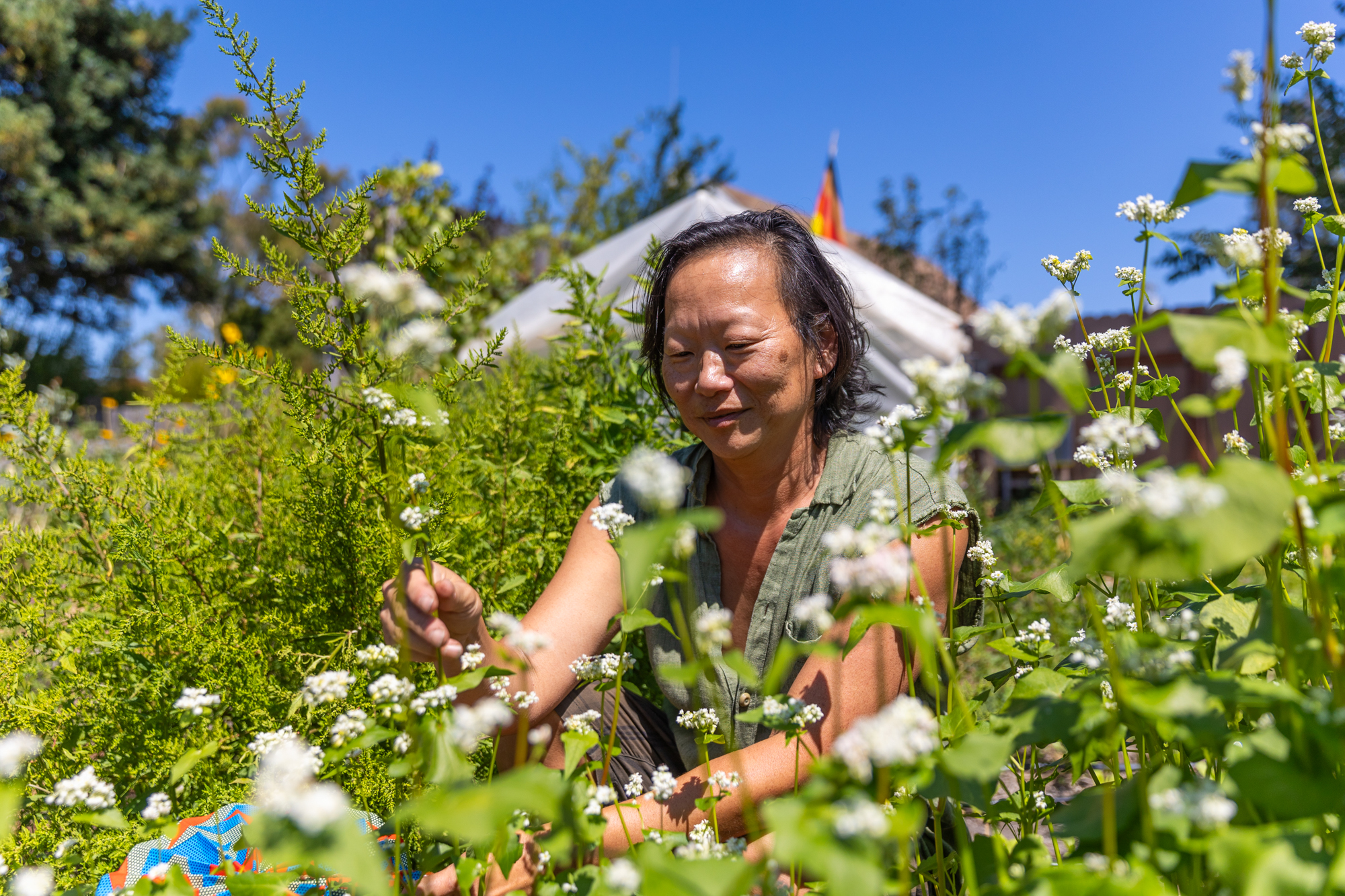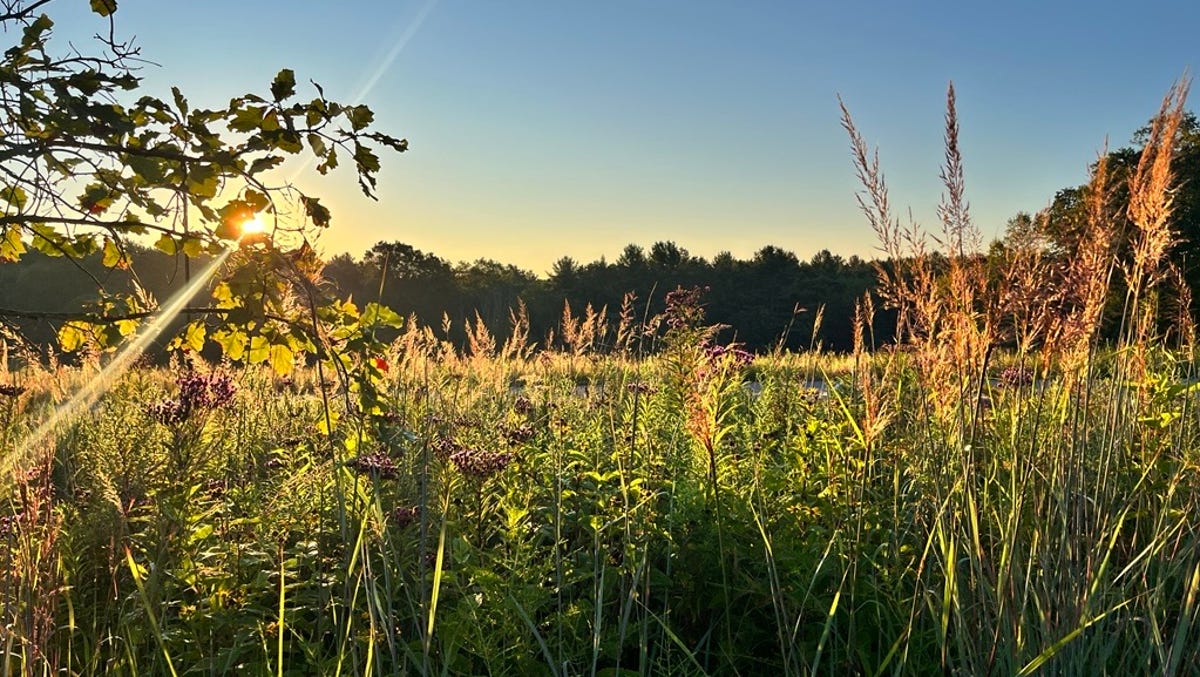Good news: there’s still time to correct these mistakes!
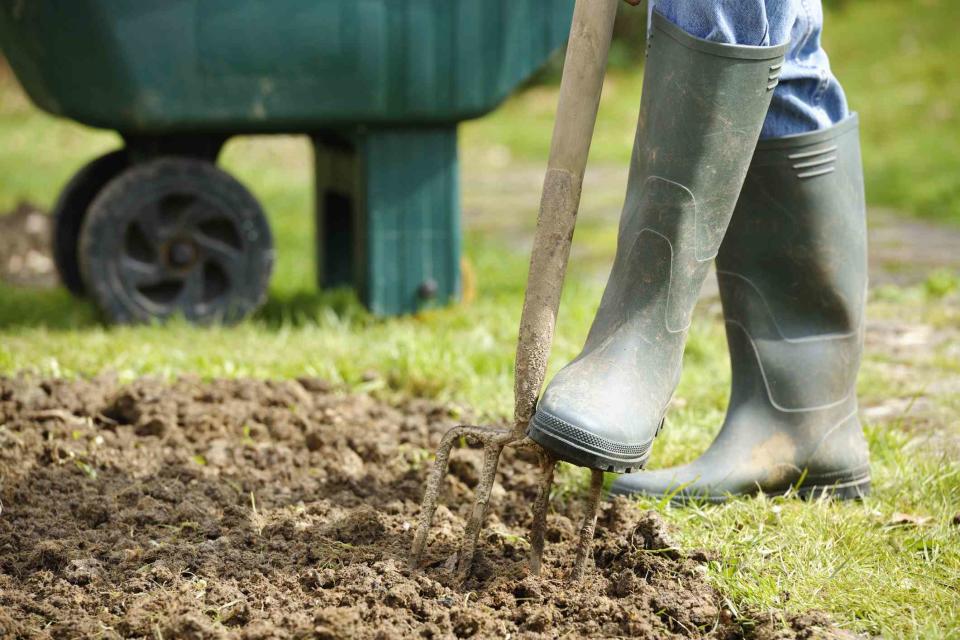
lostinbids / Getty Images
If you’ve just embraced the beauty and magic of starting a homegrown garden, then you know there’s lots to learn… and mistakes to make. From overwatering to underwatering, not planting the right companion plants, failing to remove weeds or pesky pests, anything and everything is bound to happen when you start your own garden.
It’s true that the summer months are the best for producing a bountiful harvest, but that doesn’t mean when summer ends, so does your gardening responsibilities. There’s still lots to be done to upkeep your plants for the next season, but oftentimes, mistakes are made that could have been avoided.
That’s why we spoke to four gardening experts for their professional advice on the best way to maintain a garden when summer starts to wrap. Here are 8 end-of-summer mistakes they want you to avoid so you have a happy, healthy garden the next time around.
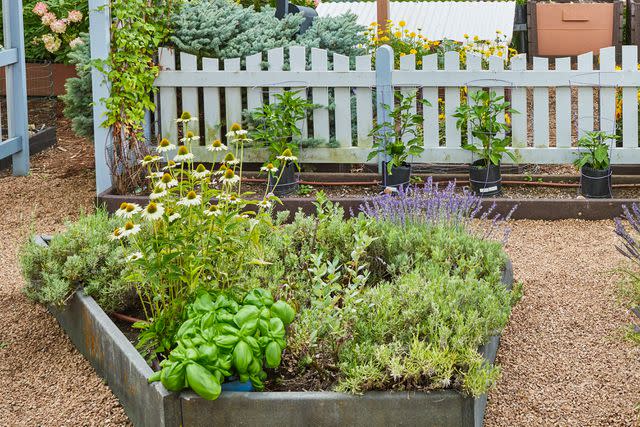

The Spruce / Jason Donnelly
Not Planning Ahead
If you’re planning on making adjustments to your garden after the current season, it’s time to start planning ahead by answering the questions the top questions McCrary wants you to keep in mind: What do you need for your property in your climate? What service providers do you want to be lining up for the fall and winter months? How can you end the summer season well and finish your DIY garden projects or contract other projects?
If you’re planning on putting new vegetables or flowers in your garden next year, the end of summer is the perfect time to read up on your new garden additions and build your knowledge on these plants so you know when to plant them and best care for them to give them a healthy life.
Want more gardening tips? Sign up for our free gardening newsletter for our best-growing tips, troubleshooting hacks, and more!
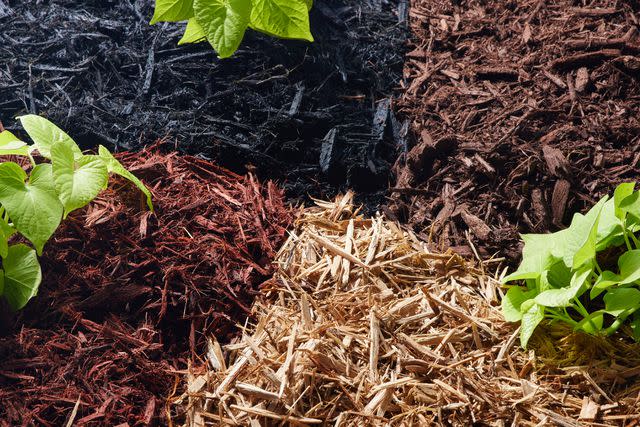

Not Refreshing Mulch
Mulch is a gardening essential for it’s water retention and weed-blocking properties, but one of the top gardening mistakes you can make at the end of summer is not refreshing the mulch that’s been lost.
“It’s important to make sure to have a good layer of mulch before the colder months,” Singleton says. She notes that on top of the excellent moisture-locking capabilities mulch has, it also helps prevent freezing during the winter which can reach the root of plants and damage them.
Not Understanding Your Climate
If this is your first time setting up a garden around your home, then you’ll figure out that it’s a learning experience to perfect. But, according to McCrary, one of the biggest mistakes you can make as a new gardener is not understanding the climate in which you live and how that impacts your plants.
“Many blindly follow advice that may be great in some situations, but be bad advice for them,” he says. “You will want to connect with and consult with a local expert or at least someone with experience about your type of climate about plants. You may have a completely different mix of grasses than the expert that you are reading from online.”
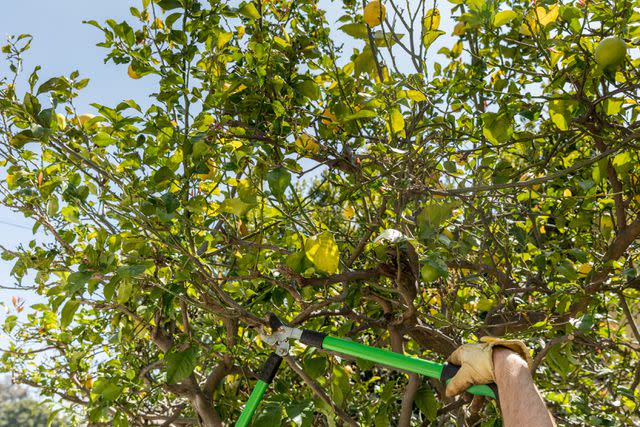

The Spruce / Jayme Burrows
Not Pruning or Fertilizing
When summer wraps up, it’s then the perfect time to prune your plants and apply fertilizer to your garden to encourage healthy growth for the next season.
Failing to do so can significantly deter the overall growth of your plants by causing them to grow back weaker or less appealing.
“Pruning trees and shrubs towards the end of summer or in early fall allows for spring to be about growth for your plant material,” Singleton says.
Not Adjusting Watering Needs
Watering is a big issue during the summer and at the end. Obviously, plants will require less water in the fall and winter than they do in the summer, so our experts say the end of the season is the time to adjust your watering needs.
McCrary suggests adjusting the watering of your automatic irrigation systems ASAP.
“If you have not yet installed a smart irrigation controller then that is an ideal first step, it will ensure you are not over-watering when the rains start,” McCrary says.
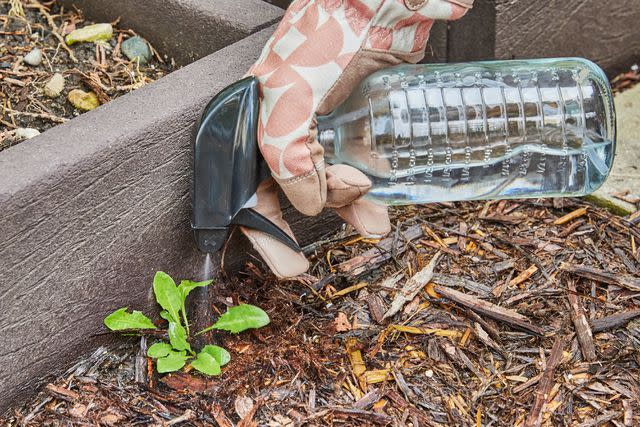

The Spruce / Jason Donnelly
Not Removing Weeds
Weeds are never a good sign in any garden since they’re notorious for hogging all the nutrients from the soil that your plants need, so our experts caution against making the mistake to forget to pull weeds out of the ground.
“Allowing weeds to grow unchecked can lead to them taking over your garden, making it more difficult to manage next season,” Letier says. If you haven’t pre-treated your garden for weeds, make sure you keep an eye out for the sprouting green bugs and remove them as soon as possible.
Not Protecting Gardening Tools
Your actual plants aren’t the only gardening priority at the end-of-summer season; your tools are just as important!
“Leaving garden tools outside or in a damp environment can lead to rust and damage,” Letier says. “Remember to clean, dry, and store your tools at the end of the season.”
If you have a garage or shed, these are the best places to keep your gardening tools since they ensure everything is kept dry, warm, and in an environment that prevents rust.
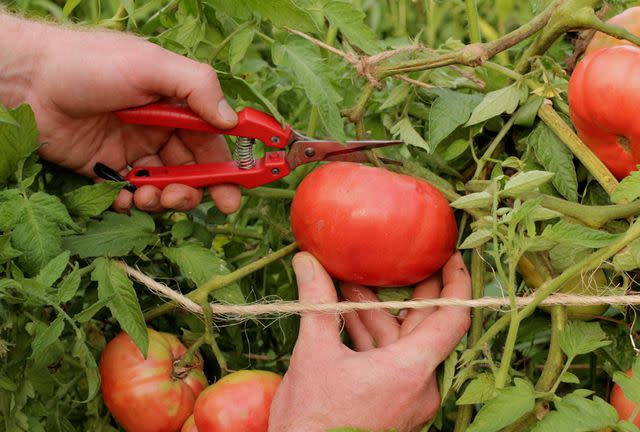

The Spruce / Steven Merkel
Not Harvesting
After all the hard work you did planting, watering, and managing your growing vegetables, don’t forget to enjoy your hard work by harvesting!
“Leaving vegetables and fruits on the plants too long can lead to overripening, pest attraction, and reduced plant productivity,” says Letier, and Mitchell agrees.
According to Mitchell, you should plant to harvest foods that grow every day until your plants stop producing.
Not Knowing the Needs of Your Crops
This may seem obvious, but one mistake expert gardeners want you to avoid is not knowing the needs of your crops, specifically, their watering needs, soil preference, and sunlight needs.
You should also do your homework on the plants you’re planting to know how to best take care of them once they’re in the ground.
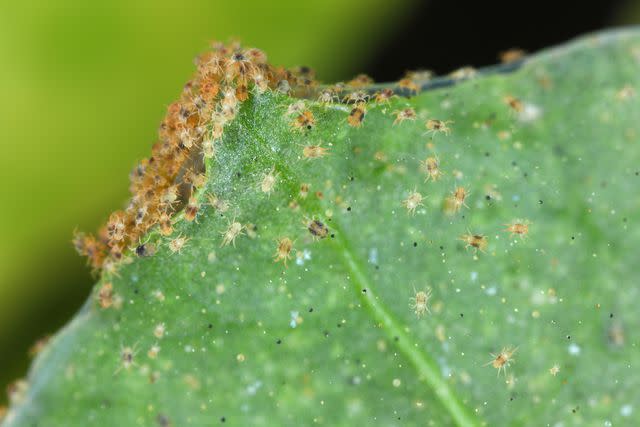

Tomasz Klejdysz / Getty Images
Not Removing Pests or Diseases
“Late summer is when pests and diseases can linger,” Letier says, and every garden owner knows that pests can be the bane of your plants’ existence. “Cleaning up debris and removing any affected plants helps prevent problems from carrying over into the fall and beyond.”
If you’re late to the bug removal game for your garden, start by spraying them with water and insecticidal soap as a natural option before considering chemical products if the problem persists.
Not Getting a Head Start
While summer is predominately the growing season for all plants, there are some that bloom in the fall. But, the springtime is when the prep work starts for healthy soil, and one mistake Singleton cautions homeowners to avoid is not planting spring bulbs in time.
“Spring bulbs need the cold snaps to fully establish for a beautiful spring color display,” Singleton says. “Make sure to get these in the ground in the fall.”
So once the summer season is over, make sure you’re proactive with getting these in the ground.
Read the original article on The Spruce.

